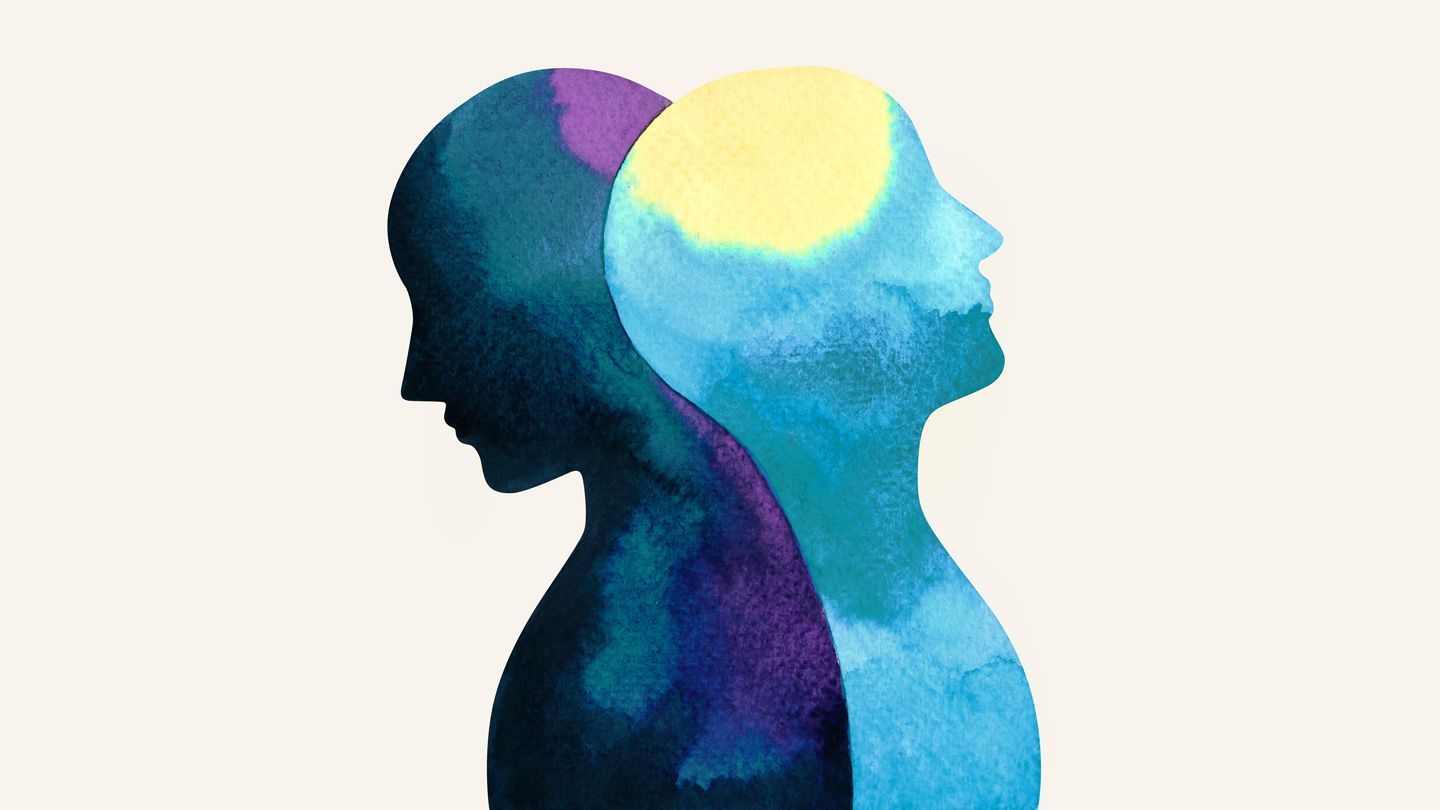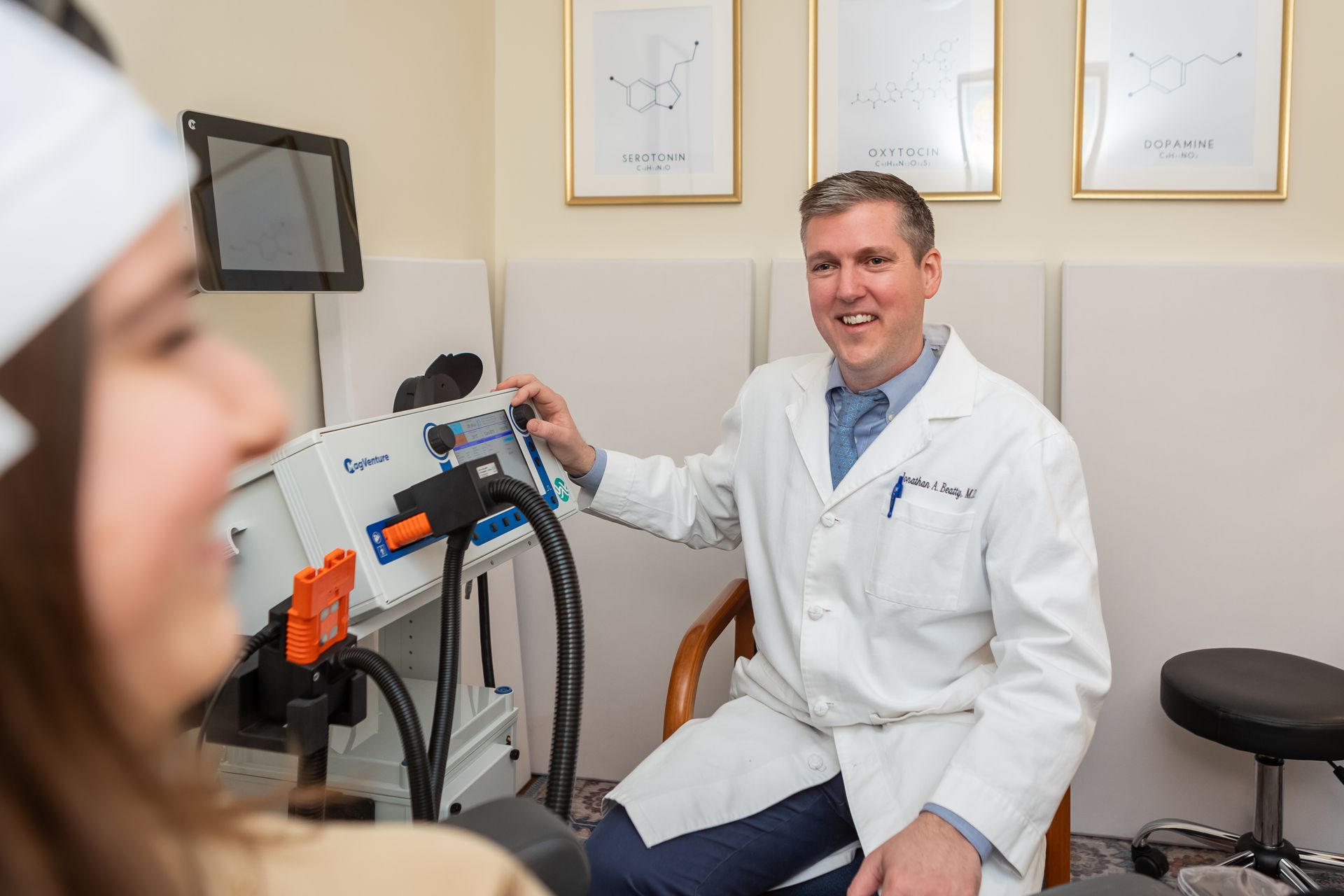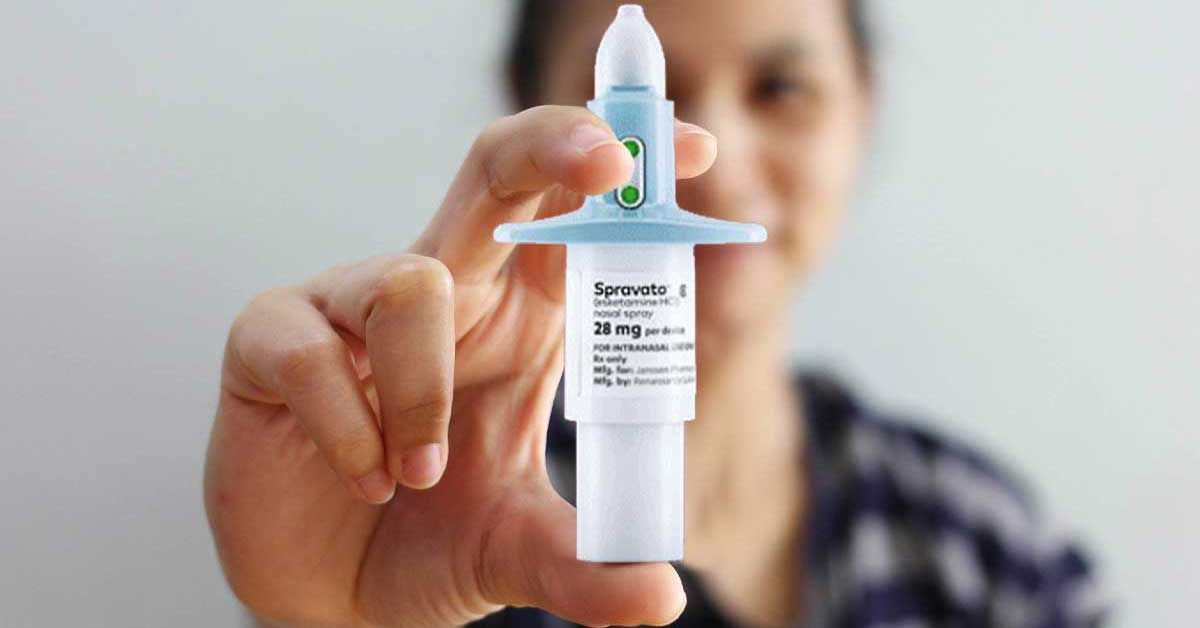Coping Mechanisms for Bipolar Disorder
Wave Treatment Centers
Coping Mechanisms for Bipolar Disorder
Bipolar disorder is a serious mental illness characterized by episodes of mania and depression. During manic episodes, people may experience an overabundance of energy, decreased need for sleep, increased talkativeness, risk-taking behaviors, flight of ideas, and unrealistic beliefs. During depressive episodes, people may experience feelings of sadness, loss of interest in activities they used to enjoy, fatigue, low self-esteem, poor concentration, and suicidal thoughts. Thankfully, there are some coping mechanisms for bipolar disorder that can help those struggling with this complex condition.
The Science Behind Bipolar Disorder
There are several theories behind why people develop bipolar disorder. The most common belief is that both environmental and genetic factors play a prominent role in the development of this condition.
Genetics
Although bipolar disorder has been around since ancient times, scientists still don’t know what causes it. However, some research suggests that genes may be involved. For example, studies show that identical twins—who share all their DNA—are more likely than fraternal twins to have bipolar disorder. This finding indicates that genetics plays a role in the development of this condition.
Environmental Factors
Although researchers haven’t pinpointed any specific environmental triggers for bipolar disorder, some experts say stress might be a factor. Stressful life events such as divorce, job loss, death of a loved one, or moving into a new home could increase the chances of developing bipolar disorder. Other possible triggers include substance misuse, head injury, exposure to toxic chemicals, and traumatic childhood experiences.
Other Possible Causes
Some people believe that bipolar disorder is caused by chemical imbalances in the brain. Others think that bipolar disorder is related to problems with neurotransmitters, which are substances in the body that transmit signals between nerve cells. Still, other experts believe that bipolar disorder is linked to abnormalities in the immune system.
Coping Mechanisms for Bipolar Disorder
There are two coping mechanisms most people with bipolar disorder agree are useful for managing their condition:
- Exercise regularly. Regular physical activity helps improve energy levels and mood. It may also help prevent relapse by reducing stress and anxiety.
- Get enough sleep. Sleep deprivation makes people irritable and impulsive, which can lead to relapses.
Additional coping strategies for bipolar disorder include:
- Seeking professional help
- Keeping your moods under control by avoiding drugs or alcohol
- Eating right
- Managing stress
- Avoiding people who make you feel bad
- Staying away from things that trigger your depression
- Talking to someone about how you’re feeling
- Trying new activities
- Taking proper care of yourself
- Being patient with yourself
- Learning more about bipolar disorder
Finding Help for Bipolar Disorder
When someone has bipolar disorder , he or she usually experiences periods of elevated mood, called mania, and periods of depressed mood, called hypomania. These episodes often last weeks or months at a time. In addition, people with bipolar disorder may also experience less severe mood changes known as mixed states.
Treating bipolar disorder involves treating the symptoms of the disease and preventing future episodes. Treatment options include medications, psychotherapy, lifestyle changes, and complementary therapies.
Medications
Doctors use different types of medication to treat bipolar disorder. The most common type of medication used to treat bipolar disorder is lithium. Lithium works by changing the way the brain processes information. It’s believed to stabilize mood swings and prevent them from occurring. Another type of medication used to manage bipolar disorder is an antidepressant. Antidepressants work by affecting the levels of serotonin and norepinephrine in the brain. They are sometimes prescribed along with lithium.
Psychotherapy
Psychotherapists help patients learn ways to cope better with bipolar disorder. Some therapists specialize in helping people with bipolar disorder deal with depression while others focus on managing manic episodes. A combination of therapy and medication is often recommended.
Lifestyle Changes
People with bipolar disorder need to follow certain lifestyle habits to maintain good health. Eating right and getting enough sleep are two key factors. To eat right, choose foods high in fiber and low in fat. Especially avoid sugary drinks and fried foods. Also, exercise regularly, get plenty of rest, limit caffeine intake, and try to keep stressful situations to a minimum.
Complementary Therapies
People with bipolar disorder may benefit from using complementary therapies, including acupuncture, yoga, tai chi, meditation, and biofeedback. Complementary therapies aren’t considered part of mainstream medicine but they are widely practiced in alternative medicine circles.
If you have been diagnosed with bipolar disorder, it is best to find a psychiatrist or psychologist at a reputable mental health treatment facility, such as Wave Treatment Center.
Bipolar Disorder Treatment in Philadelphia, PA
Stop letting your bipolar disorder run your life, seek treatment today. Wave Treatment Centers located in Philadelphia, PA offer comprehensive mental health services to help patients find long-term symptom relief. Our facility offers treatment interventions such as TMS Therapy, psychotherapy, psychiatry, medication management, and ketamine-assisted therapy. Give us a call or visit our contact form to begin improving your quality of life today.
The post Coping Mechanisms for Bipolar Disorder appeared first on WAVE Mental Health Treatment Centers.

Schedule Your Consultation
Blog Form
We will get back to you as soon as possible.
Please try again later.

CHESTNUT HILL
6 E. Willow Grove Ave.
Philadelphia, PA 19147
215-242-0420
PHILADELPHIA
407 South 10th Street
Philadelphia, PA 19147
215-242-0420
OFFICE HOURS
- Mon - Fri
- -
- Sat - Sun
- Closed













